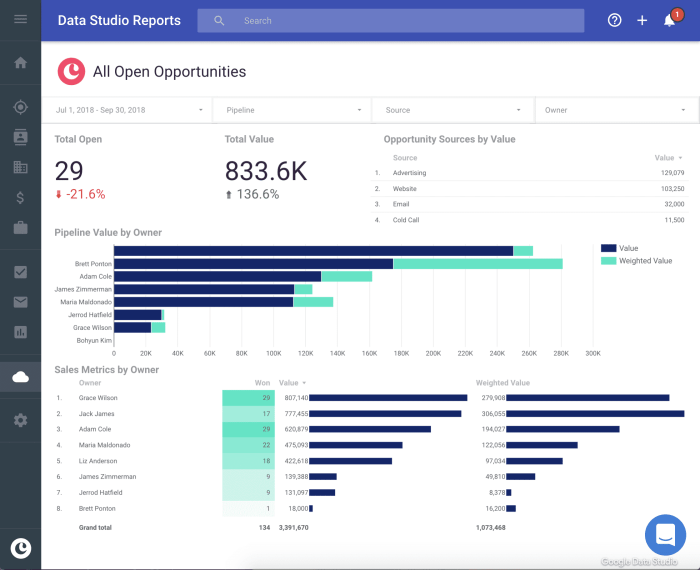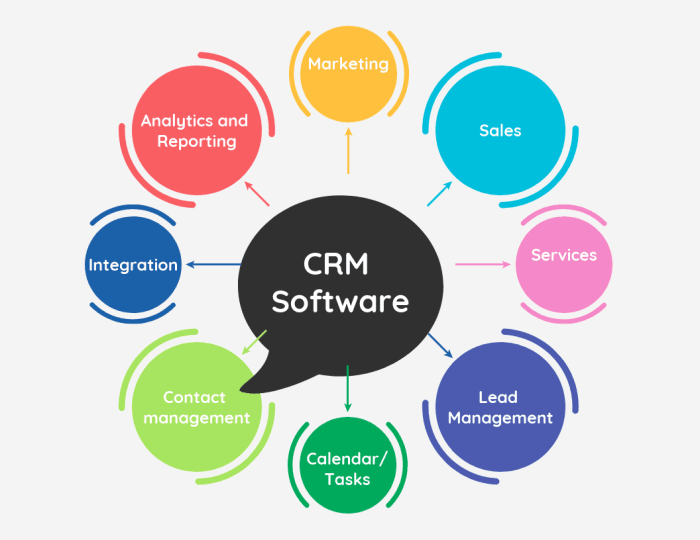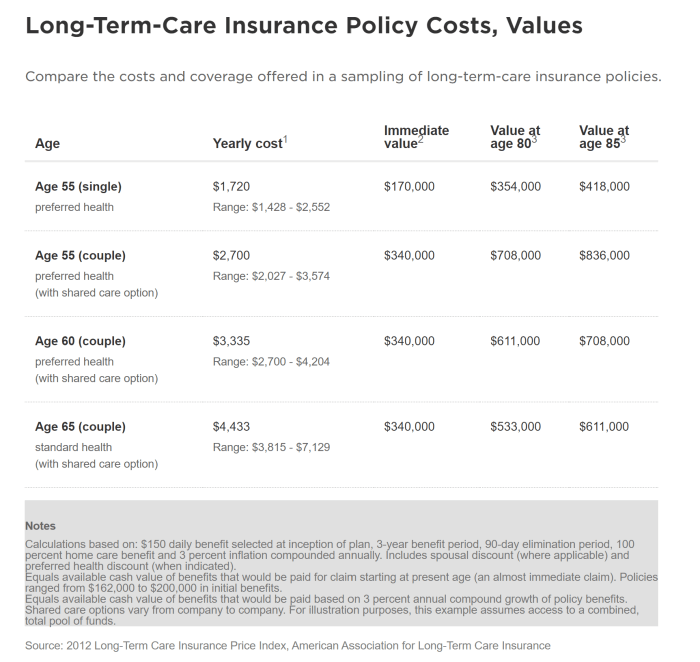Top CRM Software Features for Service Businesses: Best Crm Software For Service Industry

Best crm software for service industry – Adopting the right CRM system is akin to acquiring a trusted advisor for your service business, guiding you through the complexities of customer management and boosting operational efficiency. A well-implemented CRM system acts as the central nervous system, connecting all aspects of your business and fostering stronger client relationships. This leads to increased revenue and a more sustainable growth trajectory, much like a sturdy tree rooted deeply in fertile soil.
Effective CRM software offers a suite of features designed specifically to meet the unique demands of the service industry. These features go beyond simple contact management; they provide tools to streamline workflows, enhance communication, and ultimately, improve customer satisfaction. The integration of automation, intelligent communication strategies, and multi-channel interaction management are crucial components for success.
Customer Service Automation in Service Industry CRMs
Customer service automation is not about replacing human interaction but rather about enhancing it. By automating repetitive tasks, such as appointment scheduling, follow-up emails, and basic queries, your team can focus on more complex and high-value interactions. This translates to quicker response times, reduced operational costs, and improved overall customer experience. For example, an automated email sequence can be triggered after a service appointment, sending reminders and soliciting feedback.
This not only improves customer satisfaction but also provides valuable data for service improvement. Automating these processes allows your team to dedicate more time to building relationships and resolving complex issues, strengthening the bond with your customers and leading to greater loyalty.
Effective Customer Communication Strategies Integrated into CRM Platforms
CRM platforms offer a range of tools for creating and executing effective communication strategies. Personalized email marketing campaigns, triggered by specific customer actions or milestones, can nurture leads and strengthen relationships. For instance, a CRM can automatically send a birthday greeting or a follow-up email after a service call, demonstrating personalized attention. Integrated SMS messaging allows for quick and direct communication, particularly useful for appointment reminders or urgent updates.
Moreover, CRM systems often incorporate social media integration, allowing for seamless communication across multiple platforms, ensuring a consistent brand voice and enhancing customer engagement. The strategic use of these tools ensures timely and relevant communication, building stronger customer relationships and driving business growth.
Managing Customer Interactions Across Multiple Channels
Modern customers interact with businesses through various channels – phone, email, chat, social media – and a successful CRM system facilitates seamless management across all these touchpoints. A centralized platform provides a unified view of each customer’s interaction history, regardless of the channel used. This “single source of truth” prevents information silos and ensures consistency in communication. For example, if a customer contacts support via email, that interaction is logged in the CRM, accessible to other team members who may interact with the customer through phone calls or chat.
This holistic approach avoids frustrating inconsistencies and provides a more personalized and efficient service.
Benefits of Mobile CRM Applications for Field Service Technicians, Best crm software for service industry
The use of mobile CRM applications significantly enhances the efficiency and productivity of field service technicians.
The ability to access customer information, service history, and scheduling details directly from a mobile device is transformative for field service operations. This eliminates the need for constant back-and-forth communication with the office, allowing technicians to focus on their work.
- Improved Efficiency: Real-time access to customer data eliminates delays caused by searching for information.
- Enhanced Communication: Instant communication with customers and the office improves coordination and reduces errors.
- Increased Productivity: Streamlined workflows and reduced administrative tasks allow technicians to handle more service calls.
- Better Customer Service: Technicians can provide more informed and personalized service, leading to higher customer satisfaction.
- Real-time Updates: Instant updates on service status and completion allow for better management of resources and schedules.
Integration and Scalability Considerations

Choosing the right CRM for a service business isn’t just about features; it’s about ensuring seamless integration with existing systems and the ability to adapt as the business grows. A poorly integrated or inflexible CRM can hinder productivity and ultimately limit growth potential. This section examines the crucial aspects of integration and scalability when selecting a CRM solution.
Effective CRM implementation necessitates careful consideration of how the chosen system interacts with other essential business tools. A fragmented technology landscape can lead to data silos, inefficient workflows, and a lack of holistic business insights. Seamless integration is paramount for optimizing operational efficiency and enhancing decision-making.
CRM Integration with Other Business Software
Integrating a CRM with accounting software, for instance, allows for automatic updating of customer invoices and payments, eliminating manual data entry and reducing the risk of errors. Similarly, integrating with inventory management systems ensures accurate tracking of service parts or materials used, improving operational efficiency and reducing stock-out situations. Successful integration streamlines data flow, creating a unified view of customer interactions and business operations.
Examples of beneficial integrations include connecting a CRM to scheduling software for appointment management, or integrating it with marketing automation platforms for targeted campaigns. This synergy minimizes data duplication and enhances overall business productivity.
Challenges of Scaling a CRM System
As a service business grows, its CRM system must be able to accommodate increasing volumes of data, users, and transactions. Scaling a CRM system can present various challenges. Data storage limitations, performance bottlenecks, and the need for increased system administration are common issues. The complexity of integrating new features or functionalities can also increase with scale. Failure to plan for scalability can result in system slowdowns, data loss, and ultimately, hinder business growth.
For example, a small service business using a basic CRM might find that it cannot handle the increased number of customers and transactions as it expands into new markets. This necessitates upgrading to a more robust and scalable solution.
CRM Deployment Models for Service Businesses
Service businesses have a choice between cloud-based and on-premise CRM deployments. Cloud-based CRMs offer scalability, accessibility, and reduced IT infrastructure costs. Data is stored on the vendor’s servers, accessible from anywhere with an internet connection. This model is particularly advantageous for businesses with remote teams or geographically dispersed clients. On-premise CRMs, conversely, require significant upfront investment in hardware and software, as well as ongoing IT maintenance.
However, they offer greater control over data security and customization options. The choice depends on the specific needs, budget, and technical capabilities of the service business. A rapidly growing company might find a cloud-based solution more adaptable, while a business with stringent data security requirements might prefer an on-premise system.
Pricing Models and Scalability of Popular CRM Platforms
| CRM Platform | Pricing Model | Scalability Options | Notes |
|---|---|---|---|
| Salesforce Sales Cloud | Subscription-based, tiered pricing | Highly scalable, offers various user licenses and features | Suitable for businesses of all sizes. |
| HubSpot CRM | Freemium model, paid plans for advanced features | Scalable through paid plans, offering increased storage and features. | Good for startups and small businesses scaling gradually. |
| Zoho CRM | Subscription-based, tiered pricing | Scalable through different user licenses and add-ons. | Offers a good balance of features and affordability. |
| Microsoft Dynamics 365 | Subscription-based, modular pricing | Highly scalable, integrates well with other Microsoft products. | A powerful option for larger enterprises. |
Finding the best CRM software for the service industry is key, right? You need something that’s totally rad and keeps things flowing smoothly. For plumbing businesses, check out this awesome plumbing CRM software – it’s a game-changer. Ultimately, the best CRM for your service business depends on your specific needs, but a solid system is a total vibe.



